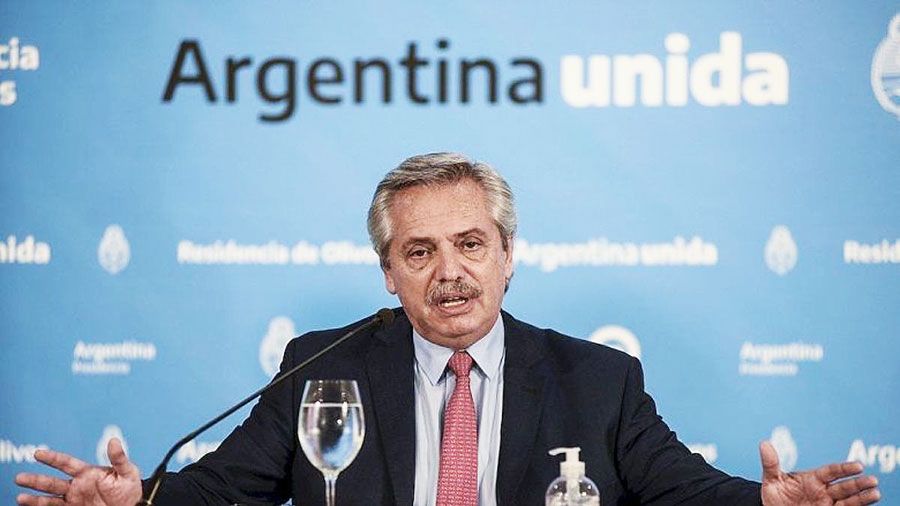RIO DE JANEIRO, BRAZIL – The Argentine government under center-left president Alberto Fernández has approved further aid packages one month after the start of the “compulsory quarantine”.

In addition, the quarantine has been extended until May 10th. According to the new regulations, a daily one hour walk within a radius of 500 meters from home is now allowed.
In addition, the first emergency package, which was prepared in mid-March for families, the unemployed, and casual workers, is now being extended to self-employed and private sector employees.
In addition to the economic crisis and the threat of default, a part of the middle class is also at risk of slipping further into poverty as the economy comes to a complete halt.
The Minister for Social Development, Daniel Arroyo, considers that an increase in poverty due to the coronavirus pandemic is “apparent”. The Social Observatory of the Catholic University of Argentina (UCA) estimates that the poverty rate in the country could rise to 45 percent by the next survey.
In the third quarter of 2019, approximately 40 percent of the Argentine population was considered poor, according to a study by the UCA.
Part of the new measures is now the so-called zero credit of up to 150,000 pesos (R$12,000) for the self-employed with gross income per year starting at 417,478 pesos.
With inflation running at 60 percent, this means that to repay the loan six months later, much less than the current amount will have to be repaid.
Since early April, the government has been covering wages in the private sector by up to 50 percent, and from the start of the week, other labor sectors are now among the beneficiaries – milk processing, waste processing, fuel wholesaling, research or different services such as security.
Employees in the health sector will receive a bonus of 15,000 pesos spread over three months.
On April 1st, the government had decreed that employers could not lay off workers. Nevertheless, a recent survey by the Argentinean Centre for Political Economy (CEPA) shows that almost 310,000 workers were affected by infractions.
Between March 15th and April 15th, there were 5,386 dismissals and 7,223 work suspensions. Of these, April saw 2,390 dismissals in the private sector (mainly building, agriculture and utilities) and 5,503 suspensions. There were 15 dismissals in the public sector. There were also wage cuts and payment delays.
According to CEPA, 60 percent of these cases are related to four large corporations including Techint, Mirgor, and Penta.
As these are the only reported cases and there are no official figures for the casual sector, experts believe that unemployment will increase significantly in the coming weeks and months.
The Argentine government is currently waiting for feedback from New York on its debt restructuring proposal.
By May 22nd at the latest, the Committee of Private Creditors of Argentina’s Public Debt (ACC) must decide whether to accept a new proposal to restructure the country’s debt. In early April, creditors had rejected the debt restructuring proposal by Minister of Economy Martín Guzman.
This was followed by a technical default on April 22nd. Argentina now has 30 days to reach an agreement with creditors.
More than a fifth of Argentina’s debt (US$68 billion) is made up of foreign currency bonds issued under foreign laws.
According to Argentina’s national daily ‘Página12’, the German insurance group Allianz tops the list of creditors with US$1.67 billion owed it.

